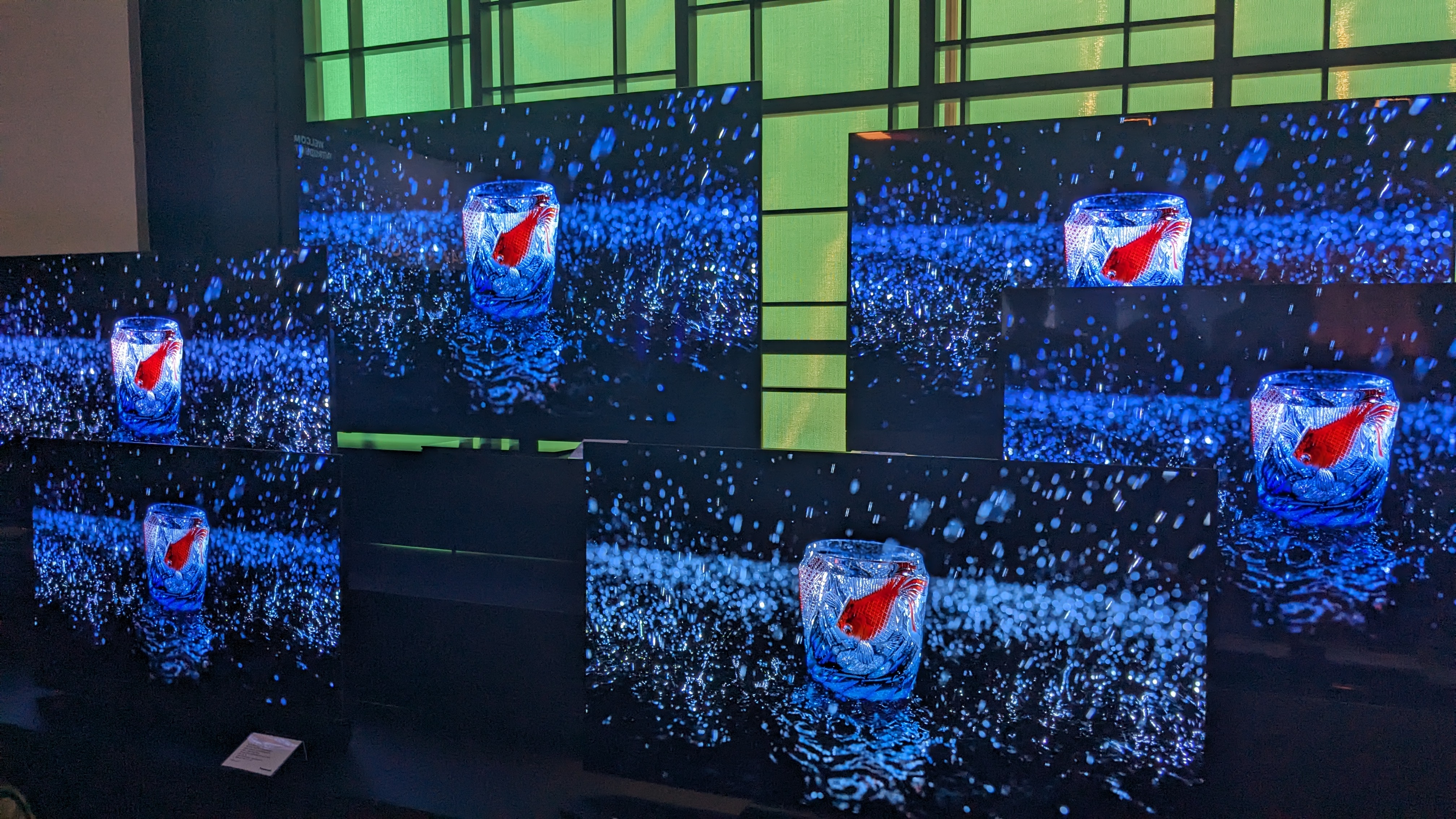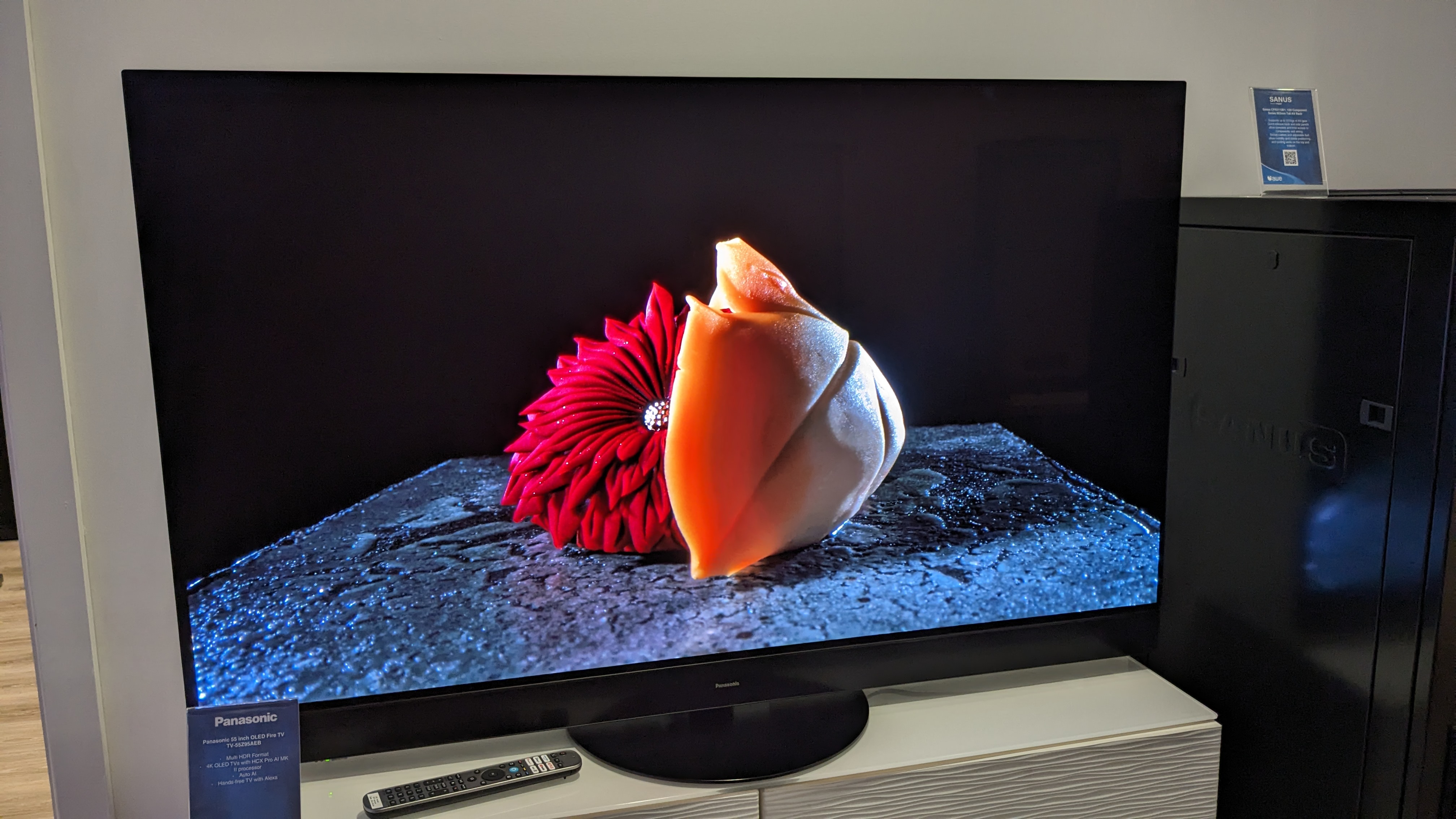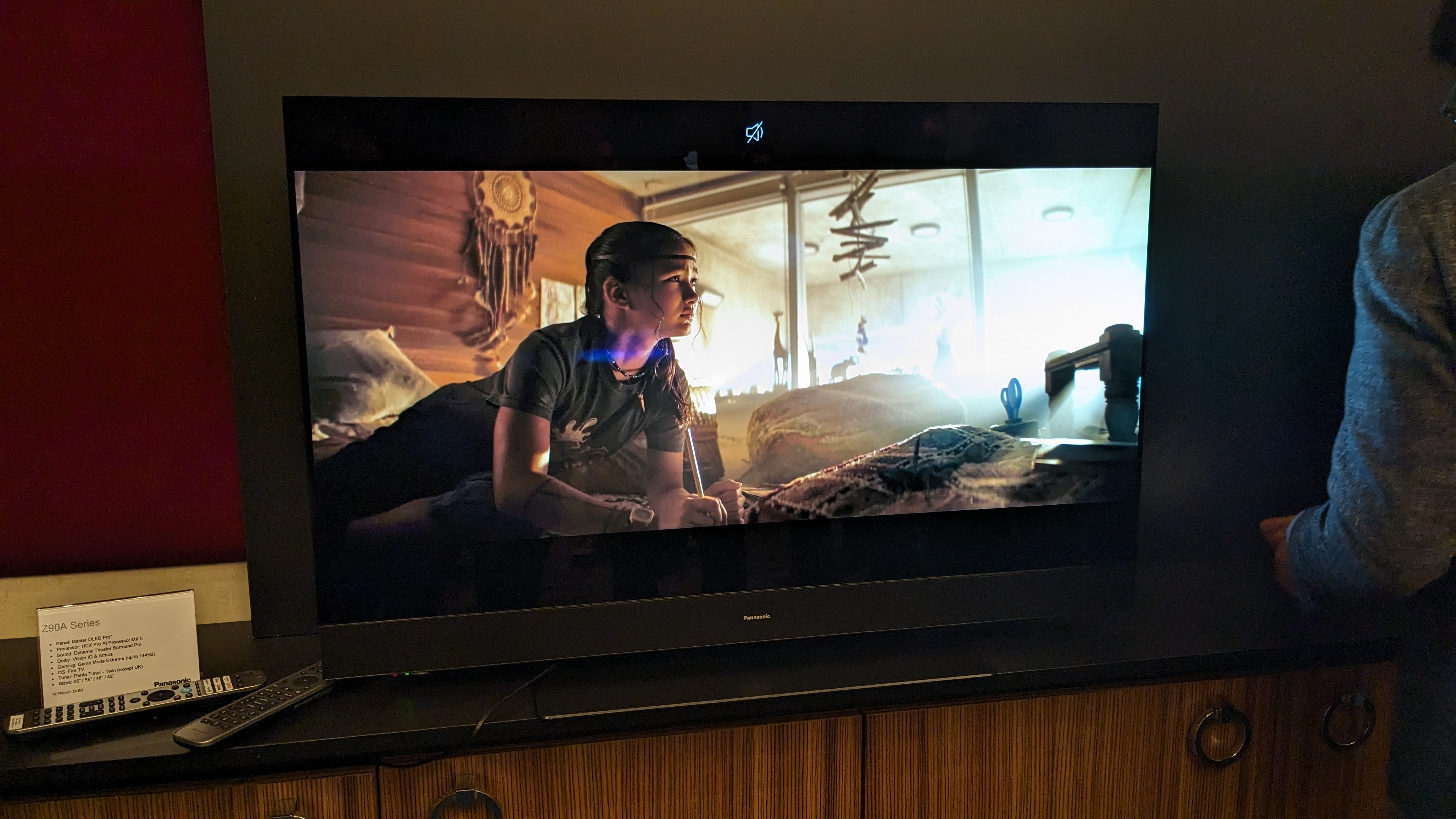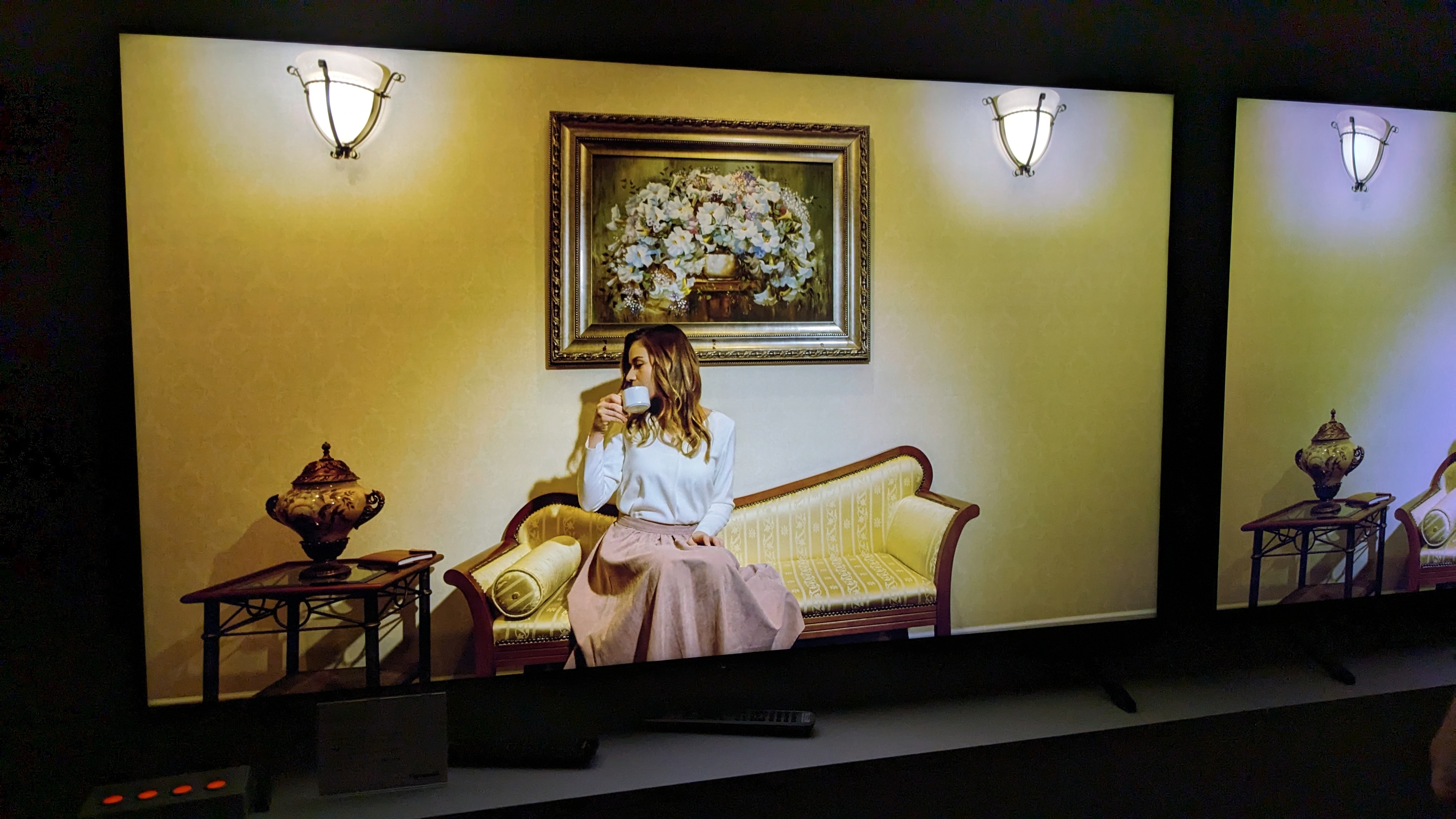
Panasonic recently unveiled its 2024 TV lineup, including four OLEDs, a mini-LED and several LED models. It also announced a new partnership with Amazon Fire TV, which now serves as the smart TV platform across the majority of Panasonic’s 2024 range. In addition, Panasonic has renamed its TVs and changed the modeling system.
Panasonic is responsible for making some of the best TVs available, including the Panasonic MZ2000 – easily one of the best OLED TVs of 2023 thanks to its superb picture, excellent built-in sound and packed features list. The rest of its OLED TV range, which included the Panasonic MZ1500 and Panasonic MZ980, also reviewed favourably. Naturally, there were high expectations ahead of the announcement of its 2024 TV range.
I got to see Panasonic’s 2024 TV lineup and there was seriously impressive tech on display. Not every TV was the epitome of innovation, but many, from entry-level LEDs to premium OLEDs, had something to make them stand out in a competitive market.
I have been critical of Panasonic’s own my Home Screen 8.0, smart TV platform, going as far as to say that the MZ2000 could have been perfect if Home Screen 8.0 wasn’t so appalling. But with the inclusion of Fire TV, Panasonic has a chance to make serious waves in the TV world because, based on what I saw, Panasonic TVs and the Fire TV platform work very well together.
At the event I attended, 12 new TVs were revealed, so it was tricky to keep track of them. However, three models stood out in particular.
Panasonic Z95A

The successor to the MZ2000, the Panasonic Z95A is Panasonic’s flagship OLED TV for 2024. It will again use micro-lens-array (MLA) tech and utilise the HCX AI Processor MK II to increase overall brightness. It will also introduce 144Hz refresh rate for PC gaming, alongside AMD FreeSync Premium and Nvidia GSync support and Panasonic’s True Game Mode.
From what I saw in person, the Z95A looks as if it will maintain the rich black levels and contrast and precise textures of the MZ2000. Its colours were also bold, bright and vibrant, with the punch you’d expect from a premium OLED with MLA tech to increase brightness.
Gaming on the Z95A also looks to be seriously impressive. A demo of Diablo IV on PC showed the game running smoothly at 144Hz, with the action onscreen never stuttering. As a bonus, the picture kept the same level of refinement and detail with games as with regular images.
Seeing more general demonstrations of movies and TV shows would have been great, but from what I did see, the Z95A could be a force to be reckoned with in the OLED TV world.
Panasonic Z90A

Next in the lineup is the Panasonic Z90A OLED, the step-down from the Z95A. The Z90A supports many of the same features as the Z95A, including the HCX AI Processor MK II, gaming capabilities including 144Hz, and Dolby Vision IQ support. It doesn’t feature MLA tech, however, so there probably won’t be a significant brightness increase from its predecessor, the Panasonic MZ1500.
One of the most exciting additions is the external ‘soundbar’ featured on the Z95A. Not only will it be included on the Z90A’s larger 55 and 65-inch sizes, but also the smaller 42 and 48-inch sizes, meaning those needing a smaller set won’t have to compromise on sound.
From what I saw in person, picture quality was again impressive with the strong black levels and vibrant colours I’d expect, but hearing the step-up in audio quality on a smaller screen was the most exciting. The LG C series TVs, such as the new LG C4, have held the crown for best 42-inch TV for the past few years but with the Panasonic Z90A and its external soundbar, there could be a new challenger to the throne.
Panasonic W95A

The Panasonic W95A is the flagship model in Panasonic’s W range of LED TVs, and it uses mini-LED technology. Given the incredibly crowded market dominated by brands such as Samsung, Hisense and TCL (with Sony throwing its hat into the ring after switching from OLED to mini-LED for its flagship TV, the Bravia 9), I am fascinated to see how Panasonic will innovate in this area.
The main demonstration for the W95A was in a darkened room where it was showcased next to another, undisclosed mini-LED model. The W95A’s image quality was immediately noticeable, with rich textures and bold colours making it stand out. The level of detail gave the image an almost lifelike quality, and it was bright without sacrificing contrast. There was some backlight blooming present, a common artefact of mini-LED TVs due to their high brightness, but it was minimal.







